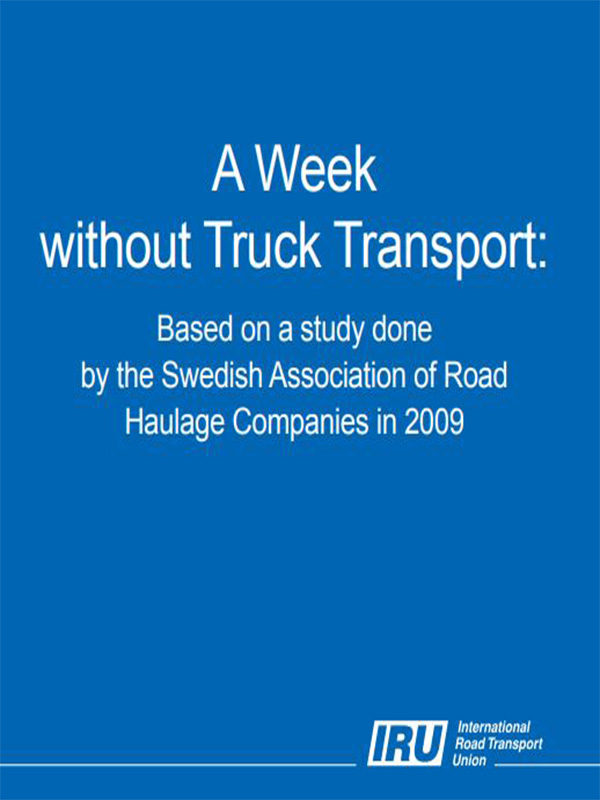According to the International Road Transport Association IRU’s “A Week Without Truck Transport” report, even basic humanitarian needs are a serious challenge if the trucks do not work for only a week.
The scenarios that may occur as a result of trucks not working for 1 week are as follows;
DAY 1
The difficulty of daily milk and bread distribution means that hospitals can provide medicines, etc. shortages of mandatory consumables, failure to deliver cargo, and the onset of shortages in daily supplied grocery products can be faced.
DAY 2
With the failure of fuel stations to respond to demand, queues and restrictions may occur, daily fruit and vegetable shelves in grocery stores can be rapidly empty, public transportation may be disrupted, restaurants may be closed.
DAY 3
There may be consequences such as difficulty accessing drinkable clean water, halting the activities of meat and dairy factories, and food shortages with no products left in the markets daily.
DAY 4
There may be consequences such as food shortages, the closure of fuel stations, the crisis level of public transportation, the great threat to public health, damage to production, and restriction of hospital services.
DAY 5
Difficulty accessing packaged drinking water, hotel/restaurant, etc. the closure of places, the inability to continue training, the struggle of hospitals with supply and hygiene problems, the complete cessation of industrial production, the difficulty of maintaining security on the streets can be faced.
Considering that between 10 and 15 supply trucks arrive daily at a medium-sized grocery store, the value of truck and truck drivers becomes undeniable.
You can access the source report from https://www.iru.org/sites/default/files/2016-01/en-week-without-trucks.pdf

